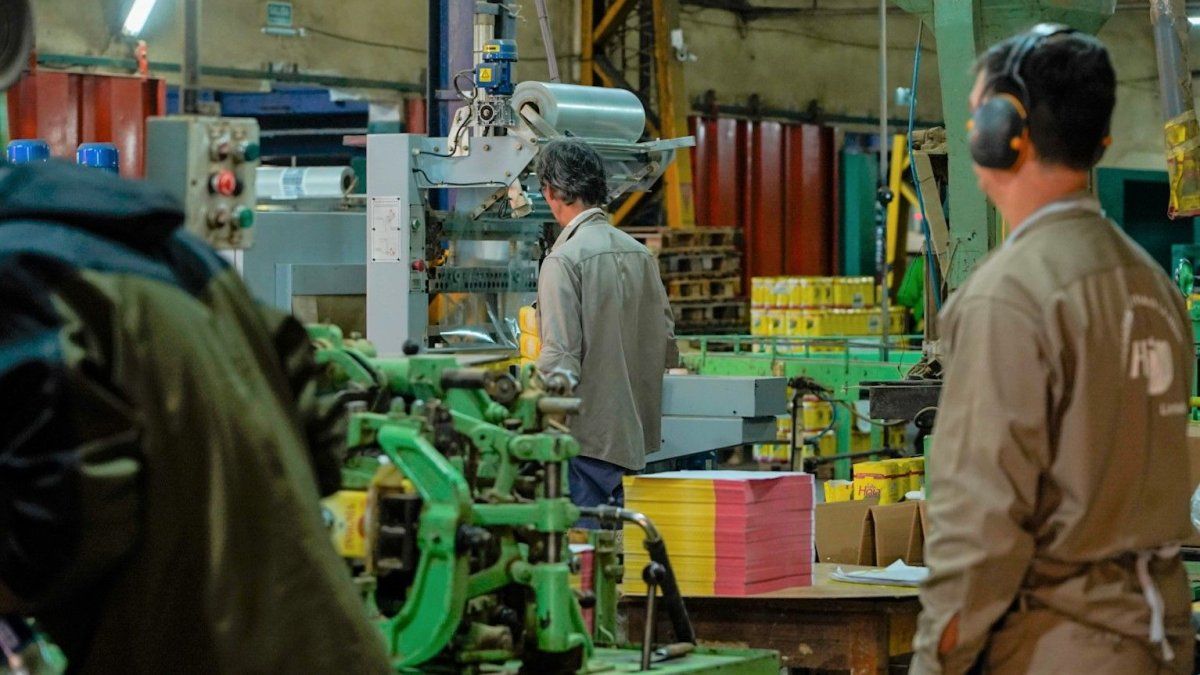The sanction of the law that gave rise to the Electronic Credit Invoice (FCE) It allowed, for the first time, to know with certainty the weight of SMEs in the value chains of the country. The data are revealing: More than 120,000 SMEs supplies the 875 largest companies in Argentina as suppliers.
This framework reflects how Small and medium -sized companies are not secondary actors, but essential gears of strategic sectors such as energy, agribusiness, mining and food. There, SMEs provide inputs, services and technological solutions that support the competitiveness of the main engines of the economy.
The value of SMEs transcends provision chains. According to official estimates, They represent approximately 40% of GDP and generate about 50% of registered employment. This double contribution – productive and social – gives them a structural role: not only promote economic activity, but also support millions of workers throughout the country.
In provinces such as Neuquén, Mendoza, Córdoba or Santa Fe, the expansion of sectors such as energy or agroindustrial would be impossible without a solid SMEs. The same happens in the North Argentino with mining development, where each project depends on hundreds of local suppliers.
Despite its importance, Financing remains one of the main obstacles. Many SMEs face high interest rates, short deadlines and guarantee requirements difficult to meet. Although in recent years specific tools were developed – as deferred payment checks, the electronic credit invoice, the stock market and the simple negotiable obligation (simple on) – its scope is still limited to the magnitude of the demand.
LAs Reciprocal Guarantee Societies (SGR) have allowed to expand access to creditand they have become a fundamental actor in SME financing, endorsing banks in banks and in the capital market, but although they have attended a large number of SMEs, the majority still do not access the guarantees of these entities.
The cultural and technical gap with the capital market is also noticeable: many companies do not know the instruments or lack the necessary assistance to use them, which restricts their participation.
The background challenge is to provide tools SMEs that allow them to plan their growth over time. The financing should not be just a conjunctural exit to cover liquidity potholes, but a lever to invest in technology, working capital, professionalization and expansion to new markets.
In sectors of greater growth potential such as energy, agribusiness, mining and food, this planning capacity is decisive. There they play The great investment bets of the country, And without a solid SMEs will be difficult to sustain in time the production and export levels that Argentina needs.
The discussion about SMEs financing should be inserted into a broader development vision. Promote financial inclusion, digitize processes, simplify the relationship with the capital market and create tax incentives that reward productive investment are indispensable steps.
The challenge is to articulate stable public policies with the participation of the private sector. International experience shows that when SMEs have a foreseeable financial ecosystem, they become the basis of sustained growth, with direct impact on employment, innovation and territorial development.
* CEO and FOUNDER DE FINVOI
Source: Ambito
David William is a talented author who has made a name for himself in the world of writing. He is a professional author who writes on a wide range of topics, from general interest to opinion news. David is currently working as a writer at 24 hours worlds where he brings his unique perspective and in-depth research to his articles, making them both informative and engaging.




